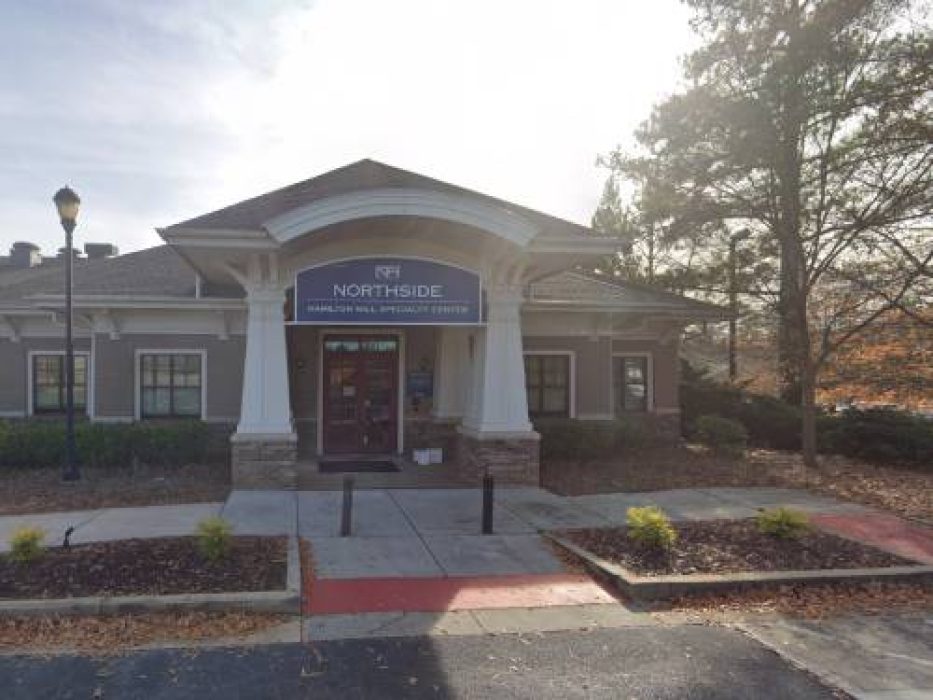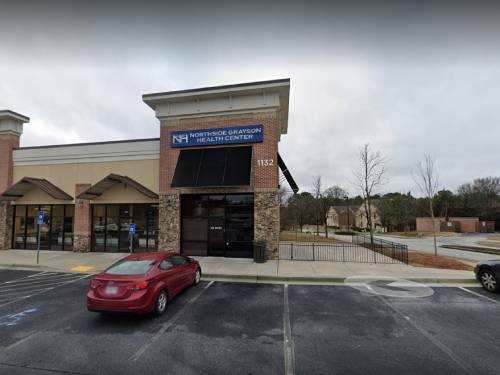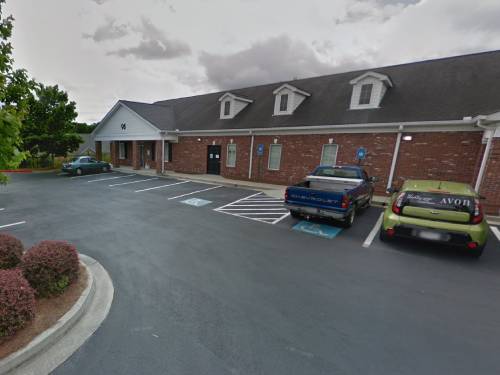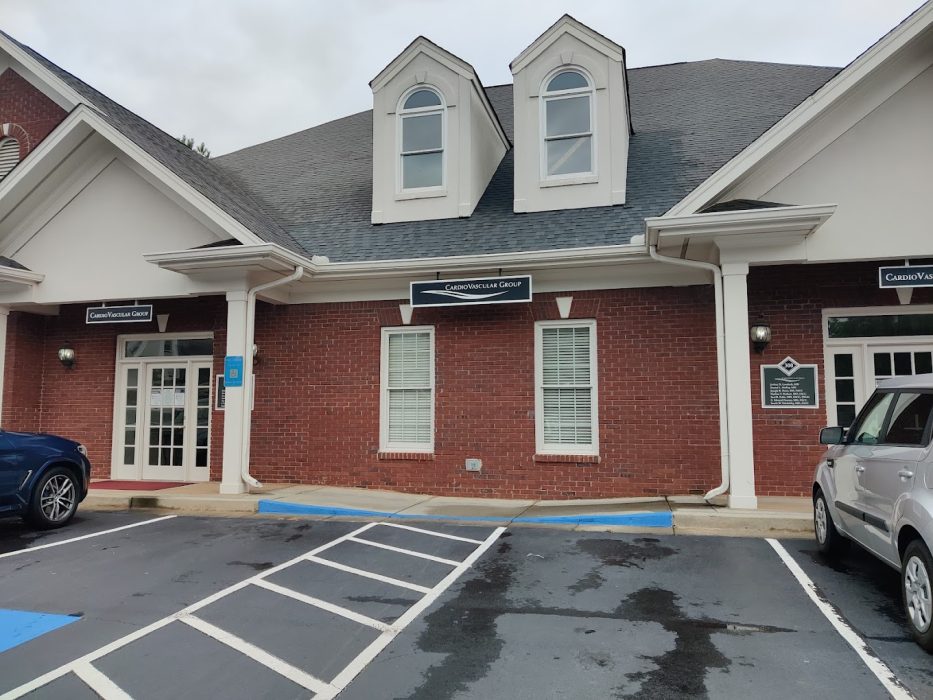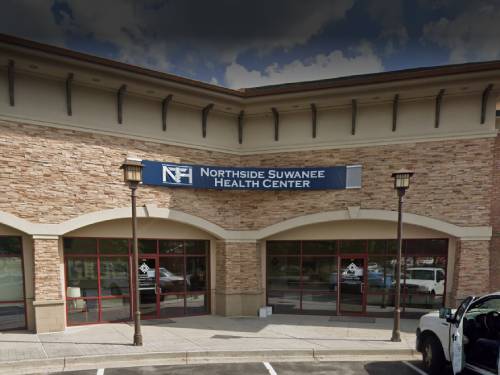Aortic Aneurysm
Lorem ipsum dolor sit amet, consectetur adipiscing elit.

Causes And Treatment Of Aortic Aneurysms
An aortic aneurysm occurs when there is a weakness in the wall of your aorta. The blood pumping through the aorta causes pressure to build up and creates a bulge in the weak area of the aortic wall, which is known as an aortic aneurysm. In some cases, the aortic aneurysm will rupture or leak which leads to severe symptoms, but symptoms do not typically develop if the aneurysm stays intact.
You may have heard of aneurysms in the brain, but did you know they can occur in your aorta, too? An aortic aneurysm is a serious condition that often develops without noticeable symptoms, making it crucial to be proactive about your heart health. If you have risk factors or a family history of aortic aneurysms, it’s time to consider visiting our CVG heart doctors for a thorough evaluation.
An aortic aneurysm is a bulge or weakening in the wall of your aorta, the main artery that carries blood from your heart to the rest of your body. Think of it like a weak spot in a garden hose—it can balloon and potentially rupture if left untreated. This condition can occur in your chest (thoracic aortic aneurysm) or abdomen (abdominal aortic aneurysm).
You might wonder why an aortic aneurysm is so concerning if it often doesn’t cause symptoms. The danger lies in its potential to rupture or dissect (tear). A ruptured aortic aneurysm is a medical emergency that can lead to life-threatening internal bleeding. Even if it doesn’t rupture, a large aneurysm can affect blood flow to your organs or limbs, causing serious health issues.
Some people experience symptoms like chest or abdominal pain, back pain, or a pulsing sensation near the navel as they grow. Sometimes, you might experience shortness of breath, difficulty swallowing, or hoarseness. These symptoms can be subtle but may worsen over time.
By visiting our Atlanta heart doctors, you’re taking a vital step toward protecting your cardiovascular health. Our cardiologists are experts in detecting and managing aortic aneurysms. They can perform advanced imaging tests like MRI, CT scans or ultrasounds to identify aneurysms early, even before symptoms appear. Early detection is key to preventing life-threatening complications.
During your visit, you’ll receive personalized care. Our doctors will assess your risk factors, such as age, smoking, high blood pressure, and family history. They’ll work with you to develop a management plan, which might involve regular monitoring, lifestyle changes, or medication to control blood pressure and reduce stress on your aorta. Sometimes, they may recommend surgical repair if the aneurysm is large or growing rapidly.
Don’t wait for symptoms to appear. Take charge of your heart health today by scheduling an appointment with our CVG heart doctors. Aortic aneurysms may be silent, but with proper care and monitoring, you can protect yourself from this potentially life-threatening condition. Your cardiovascular system is too important to leave to chance, and our team is here to help you maintain optimal health and peace of mind.
Types Of Aortic Aneurysms
There are two different types of aneurysms that occur in the aorta, which affect different parts of the body. An abdominal aortic aneurysm (AAA) is located below the chest and affects the portion of your aorta that passes through the abdomen. This type of aortic aneurysm occurs more often, and typically does not create any symptoms unless it ruptures.
The second type is called a thoracic aortic aneurysm (TAA) and is located in the chest, affecting the top of your aorta. Genetics can increase your risk of developing a thoracic aortic aneurysm, and this form is equally likely to affect both men and women.
Risk Factors For Aortic Aneurysms
Your family history and your lifestyle can create an increased risk of developing aortic aneurysms. These types of aneurysms occur most often in people who smoke, are over age 65, are men, have a family history of aortic aneurysms, or have high blood pressure. Inherited genetic diseases also increase the possibility of developing aortic aneurysms.
Causes Of Aortic Aneurysms
There are many possible causes of aortic aneurysms, including inflammation arteries, injury to an aorta, and infections such as syphilis. Inherited genetic diseases, especially ones that affect connective tissue (such as Marfan syndrome and Ehlers-Danlos syndrome) can also cause aortic aneurysms, specifically thoracic aortic aneurysms, to develop.
The narrowing or hardening of the arteries, known as atherosclerosis, is also a possible cause of aortic aneurysms. They can also be caused by high blood pressure, high cholesterol, and sudden traumatic injuries.
Testing For Aortic Aneurysms
Treatment For Aortic Aneurysms
If you have an aortic aneurysm that has yet to rupture, your doctor will monitor your condition closely. Treatment at this stage aims to prevent the aneurysm from growing any larger so that it does not burst or tear the artery. For smaller aneurysms, your doctor may prescribe medications that improve blood flow, lower your blood pressure, or manage your cholesterol levels. Larger aneurysms that are at high risk of rupturing may require surgery to treat it before it ruptures, and there are two main surgeries used.
An open aneurysm repair is where your doctor removes the aneurysm and sews a graft in place to repair the artery. An endovascular aneurysm repair is a minimally invasive procedure to fix aortic aneurysms. During endovascular surgery, your doctor uses a catheter to insert a graft to reinforce or repair the artery. Treating a ruptured aortic aneurysm is considered a medical emergency that requires either open or endovascular surgery as well.
Symptoms Of Aortic Aneurysms
Many people do not feel symptoms of aortic aneurysms until it ruptures or leaks, although there are certain symptoms you may experience before this occurs. These include difficulty breathing or shortness of breath, decreased appetite, pain where the aneurysm is growing, pain while swallowing, and swelling of your arms, neck, or face.
If the aneurysm ruptures, a different set of symptoms may occur which includes dizziness or lightheadedness, rapid heart rate, nausea or vomiting, blood clots, and sudden, severe pain in the chest, abdomen, or back. If an aneurysm ruptures, it is a medical emergency that requires immediate treatment, so call 911 right away.
Complications Of Aortic Aneurysms
Prevention Of Aortic Aneurysms
Why Choose CVG?
Related Conditions:
- Causes And Treatment For Heart Arrhythmia
- Causes And Treatment Of Pulmonary Stenosis
- Expert Insights on Cardiac Catheterization
- Expert Insights on Low Blood Pressure
- Exploring the Latest Advances in Atrial Fibrillation Treatment
- Dangerously high cholesterol?
- Get Your Blood Pressure Test Today!
- Understanding Electrical Cardioversion
- What Are ACE Inhibitors Used For?
- What foods are high in cholesterol?
- What Heart Flutters Can Mean
- What is Heart Failure & How to Treat it?
- What Is The Success Rate Of The Watchman Procedure?
Top Conditions:
- How long can someone live with an enlarged heart?
- Pros and Cons of the Watchman Device
- Risks and Complications of Cardiac Catheterization
- Side Effects Of The Watchman Device
- The Benefits of Cardiac Catheterization
- The Dangers Of High Blood Pressure
- The Dangers Of High Cholesterol
- The Watchman Implant Procedure
- Tips To Lower High Cholesterol
- Understanding Cardiac Catheterization
Call to Schedule an Appointment
Board-certified Doctors
CVG’s twenty board-certified heart doctors will guide you through your healthcare journey with the utmost compassion and individual attention. We aim to provide you with state-of-the-art cardiac care that includes the full spectrum of services, from testing to diagnosis and treatment. The doctor/patient relationship is built on trust. Through our combined efforts, we can conquer any challenge that comes our way.
Invasive therapies may also treat an abnormal heart rhythm, such as electrical cardioversion, which sends electrical impulses through your chest wall and allows normal heart rhythm to restart, or catheter ablation that disconnects the abnormal rhythm’s pathway. Suppose your doctor determines that electrical devices are the best course of action. In that case, you may be given a permanent pacemaker, an implantable cardioverter-defibrillator (ICD), or biventricular (B-V) pacemakers and defibrillators.
How CVG Can Help
CVG offers multiple services that can discover an enlarged heart or conditions that will lead to it. At CVG, we perform stress tests that will observe blood flow and test for various forms of heart disease. There are three types of stress tests that we perform:
- A treadmill test is a test in which you will walk on a treadmill that gets faster and steeper every 3 minutes. This will stress your heart so that our nurse or doctor can determine your heart rate and blood pressure.
- An echo test is performed before and after your treadmill test to determine how well your heart pumps blood.
- A nuclear stress test is a treadmill test that is prefaced by an injection of medicine that shows the flow of blood to your heart.
We also offer cardiac catheterization to diagnose and treat several heart issues. If any of these tests determine a problem, we offer treatment solutions such as atrial fibrillation testing and catheter ablation. Learn more about our services here, or schedule an appointment to talk to our doctors.
Schedule Your Appointment with a CVG Atlanta Area Cardiologist
Expertise, experience, and compassion are the pillars of CVG’s patient-centered cardiac care. Please schedule your appointment with CVG today. Call (770) 962-0399 or 678-582-8586. You may also request an appointment online. If you have an emergency, don’t contact us online; please call 911.
Locations That Treat Aortic Aneurysm




